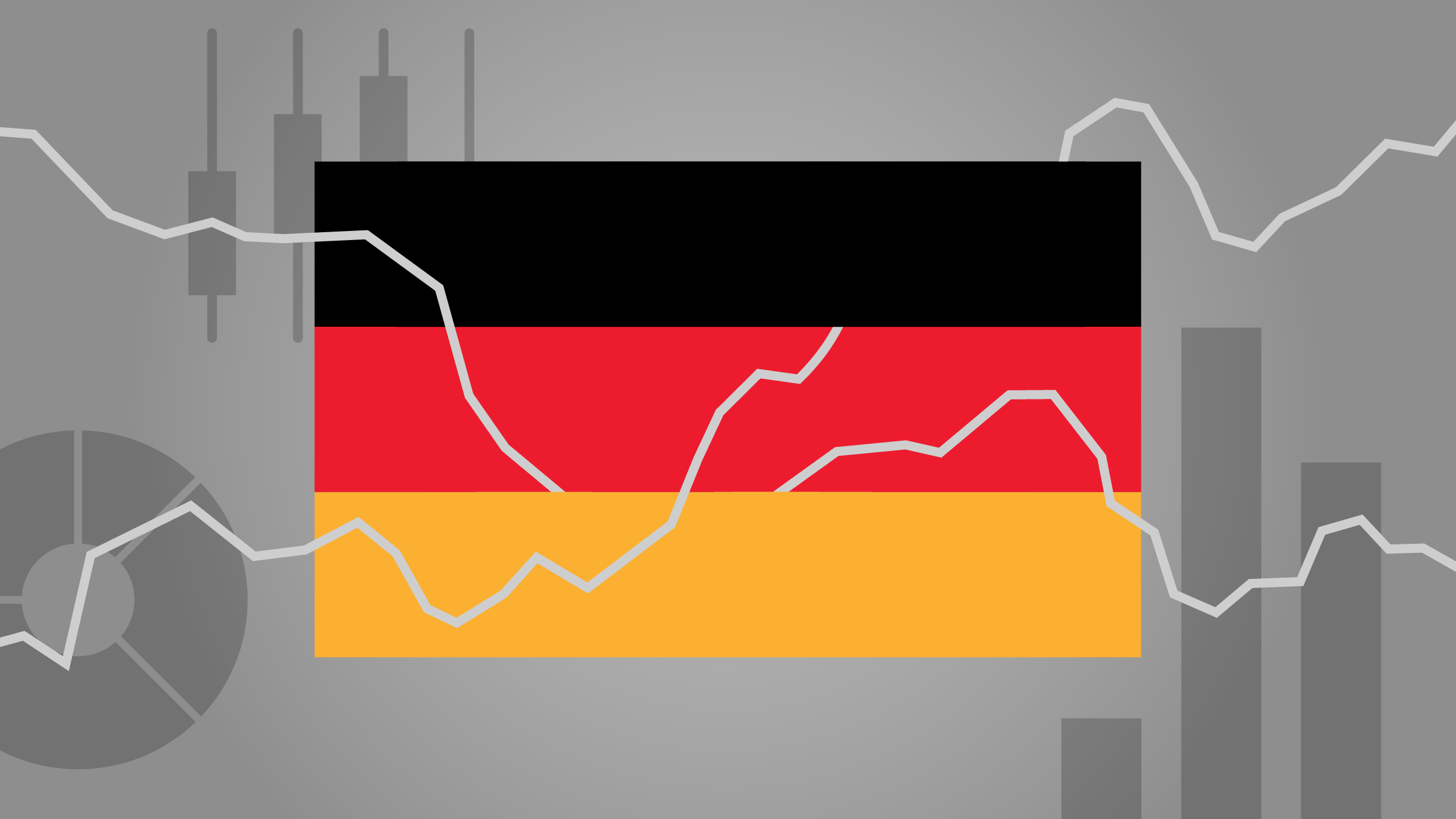Michael Hasenstab, manager of Templeton Global Bond and Morningstar US’s Fixed Income Manager of the Year discusses strategies to address emerging markets growth amid the potentiality of appreciating currencies and rising interest rates both in and outside the US. “I think yield plus currency opportunities will be a bigger component of returns as opposed to positioning for interest rates to go lower, because frankly, I think, globally rates are going to be going higher,” says Hasenstab.
This is the second part of Hasentab’s interview for Morningstar. Earlier, he discussed why Templeton Global Bond looks beyond the EU, US and Japan.
Miriam Sjoblom: A lot of the work you did in the portfolio in 2010, it didn't necessarily pay off in 2010--it is preparing for what comes next. Can you talk a bit about what you've been doing in the portfolio and your outlook for 2011?
Michael Hasenstab: To your first question, one of the big strategies that we focus on is a long-term thesis. So, we did position in 2010 for some issues that we think will take a couple of years to evolve. One is our concern that US interest rates will go higher, so we have become very defensive, and were in 2010, on US interest rates.
We're also positioning for a lot of opportunities in some of the less-levered higher-growth countries outside of the US; many of those are in emerging markets. We think that the combination of good economic fundamentals and a lot of liquidity in the G3 that will flow to those economies will eventually appreciate their currencies. Right now we think they are undervalued; over the next couple of years, we would see them revaluing.
The other opportunity in those markets is, as they raise rates we can buy short-dated bonds, protect ourselves against interest rate risk and position for the currency to appreciate at a higher yield.
So, as those bonds mature, we just roll them over as those countries raise interest rates. So, a lot of, I think, exciting opportunities in emerging markets, in particular, in Asia.
Sjoblom: The overall duration of the portfolio being brought lower in recent years, do you expect in 2011 for currency to be a bigger driver of returns?
Hasenstab: I think over the next couple of years, interest rate opportunities are fairly limited. So, it really is trying to earn yield without taking interest rate or too much credit risk. So, that's why in South Korea, for example, we like buying short-dated bonds: You can earn 3.5% in a currency that we think is undervalued without having to take interest rate risk and in a solid investment-grade-rated country. Australia the same way: You can get close to 4% yield without taking interest rate risk in a currency we like.
So, I think yield plus currency opportunities will be a bigger component of returns as opposed to positioning for interest rates to go lower, because frankly, I think, globally rates are going to be going higher.
Sjoblom: What would you say are the biggest risks to your thesis these days?
Hasenstab: One of the risks--and we spend a lot of time travelling and meeting with policymakers--is the policy risk. How will a lot of these economies manage the huge capital inflows? Will they appropriately allow their exchange rates to appreciate? Will they raise interest rates? Will they tighten fiscal policy? If they do that, if they pull those three levers, then this growth is sustainable. If they don't raise rates enough or fight currency appreciation, this can create a lot of dis-equilibrium in these economies and potentially risk asset bubbles or problems.
So, we’re focusing really on the policy response of countries outside of the US--as well as in the US We’re concerned that our fiscal deficits are out of control, and there is no credible policy to actually bring those in line. So, I think policymakers, and how they act in 2011, will be a big focus for us.
Sjoblom: So far what you’re seeing is encouraging?
Hasenstab: Yes. I think it was encouraging that a lot of these countries, in Asia in particular, took the lead and raised rates. Typically, most Asian economies waited for the Fed to move and then followed the Fed either within the next day or over the next couple of quarters. Now, you had countries like Malaysia, China, India, Australia tightening well in advance of the Fed. So, I think that’s encouraging.
Malaysia, in particular, has allowed their currency to appreciate; that’s encouraging. There has been fiscal pullback. A lot of the extra-ordinary fiscal measures that were put into place, like China’s massive loan expansion, they are trying to pull that back. So, I think policymakers are being responsive, but it’s important that they stay vigilant and keep doing that.
Sjoblom: Another thing we’ve been noticing is a large amount of flows into emerging-market bond and equity funds. There is some talk out there that the consensus about investment opportunities in emerging markets are becoming a bit crowded. What are your thoughts on that?
Hasenstab: I think it’s something we have to watch quite closely. But if we look at the fundamental valuations, whether they be P/Es of emerging-market equities, whether they be currency valuations, whether they be sovereign spreads, they don’t look overvalued. When you look at real estate valuations in a lot of these countries, in an aggregate level if you look at real estate prices relative to national income growth, they don’t look anything like the bubble we saw in the US or the bubble that Japan had in the late '80s.
So, on a valuation basis, I think it’s hard to argue that it’s overstretched, but we do need to watch that this capital continues to go towards productive uses. Right now, most of it is going into good investment. But if it gets to a point where it’s just going into consumption or just going into financial assets, then we should pay attention and become a little bit concerned.
But at this point, I think it’s actually a healthy dynamic: more capital coming in, better investment, more growth, bringing in even more capital, because they’re raising interest rates, that brings in other capital as well. So, I think you’ve set yourself up for a bit of a virtuous of cycle for the next couple of years, probably.
























